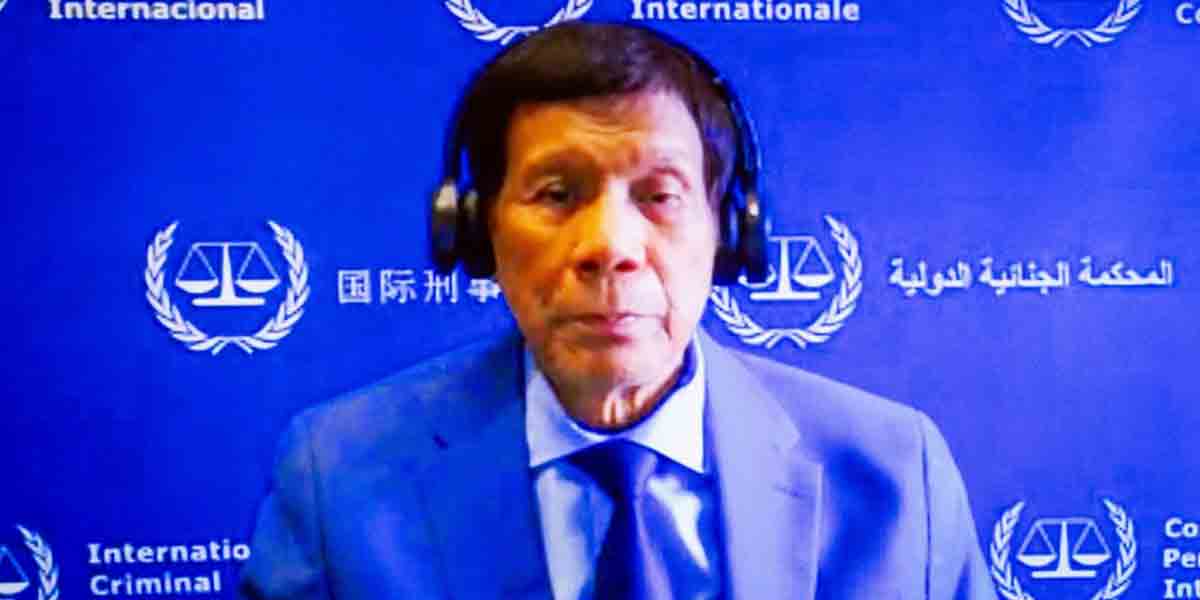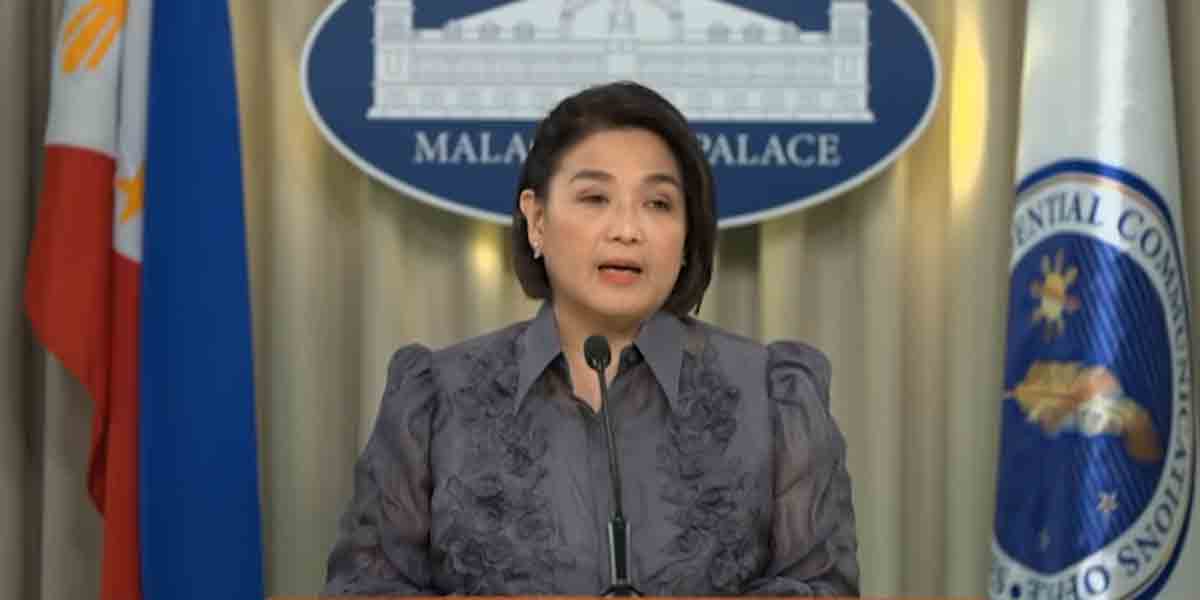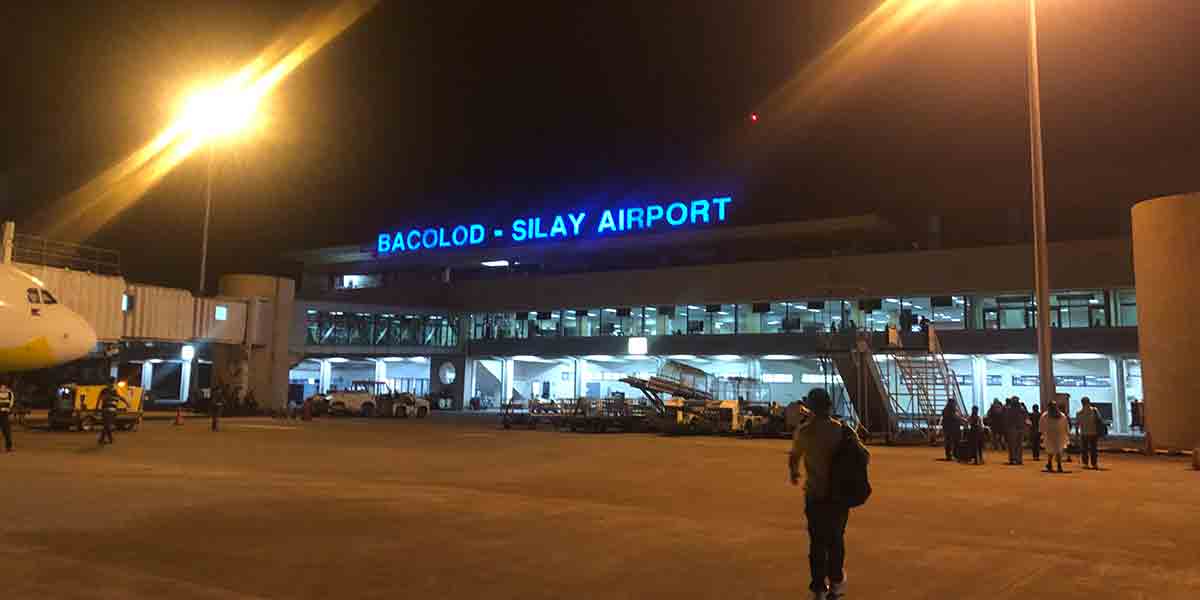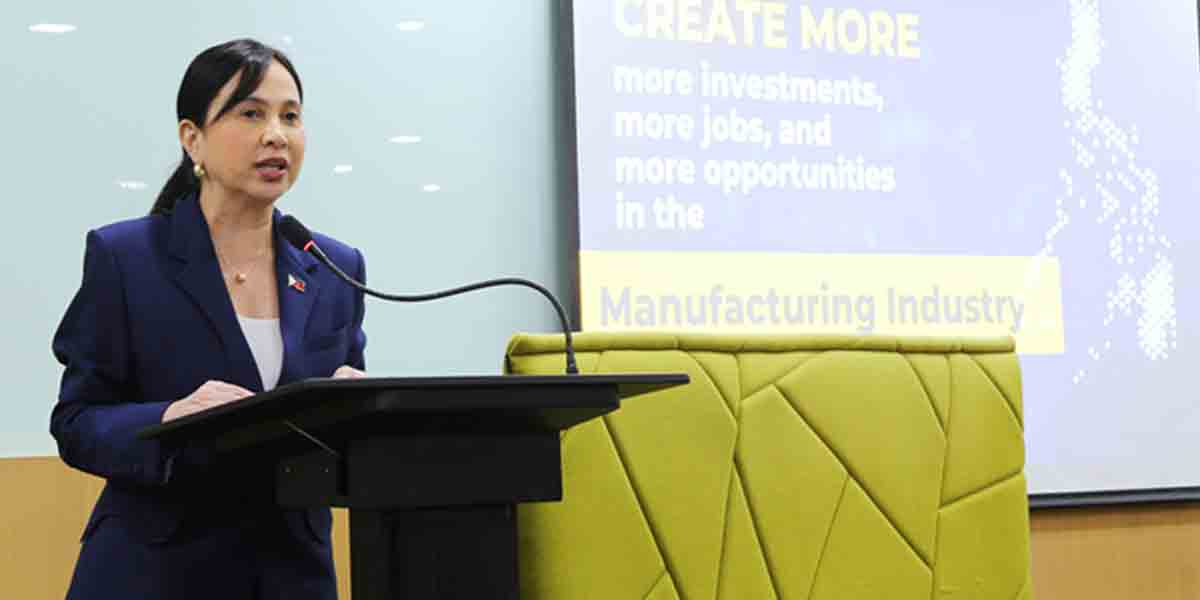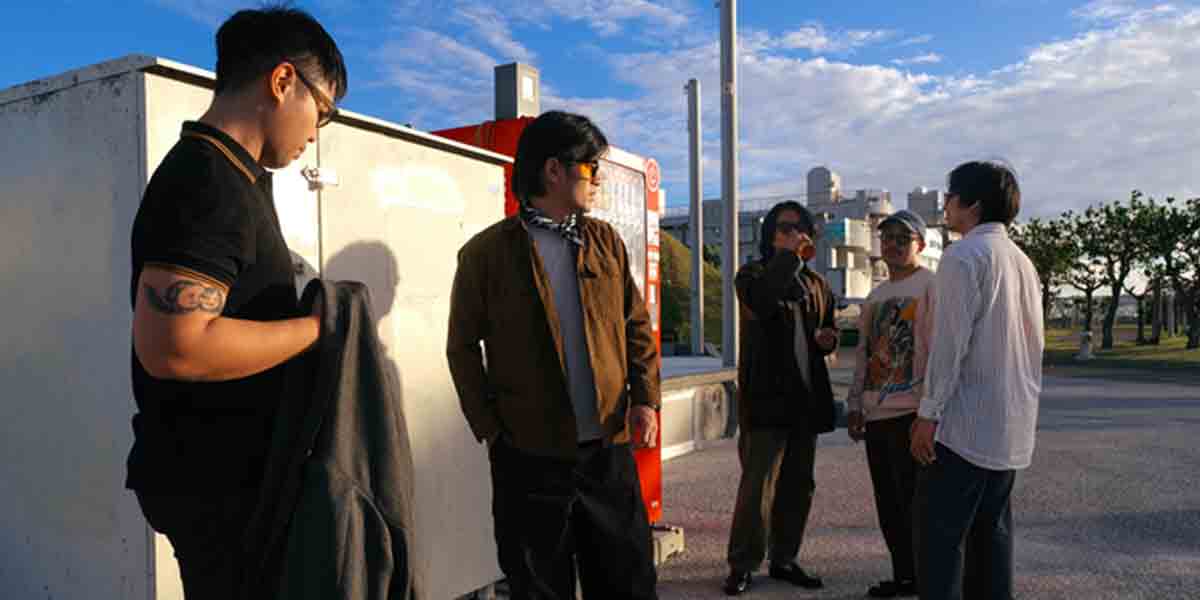By Herbert Vego
ONCE there was a radio jingle, “Ang utang ay dapat bayaran, nang tayo’y pagkakatiwalaan.”
Yes, we have to pay our monetary debts, lest we earn the ire of our creditors.
It’s somewhat a different matter, however, when what we owe is a debt of gratitude – utang na loob in Tagalog, utang nga buot or utang nga kabalaslan in Hiligaynon – to someone who is not obliged to return the favor. While the favored “debtor” would like to return the favor, the favor giver is under no obligation to demand quid pro quo.
There was a time when I received an unexpected Facebook message from Rene Sausa, now the president of Ritz School of Integrated Studies in Balasan, Iloilo. He reminded me that he was the book salesman who sold me a set of a set of the book Bible Stories 25 years ago in Manila in 1979, at a time when he was hard-up.
Wow, what a surprise! Until then, I had forgotten about it.
“Would you allow me,” he wrote, “to return the money you paid for the book?”
“Oh no,” I wrote back. “I benefited from reading the book.”
That exchange of short messages somehow made me wonder whether the “generosity” of politicians to us constituents could render us “indebted,” and so we owe them a debt of gratitude. Are we therefore obliged to pay in kind? In the strict sense of the word debt, there is no moral obligation to repay because they had given, not lent, money or gift for whatever self-serving reason.
It is not uncommon for the less in life to seek financial help for an emergency situation, as in a member of the family needing urgent medical or surgical attention. They could go to a rich friend or relative to borrow money. The latter either gives in or simply refuses – in both cases fearful that he might never regain his money.
More often than not, however, the needy would “drown” their shyness and beg the mayor, congressman or the governor for cash, or for referral to a charitable institution. That politician would likely grant the request willingly as part of his obligation as public servant; or reluctantly, for fear of losing his or his family’s votes in the next election.
Whether in cash or in kind, a politician’s unconditional help could not be legally construed as debt for which payment is mandatory. No doubt, however, the helped recipient owes him a debt of gratitude. Is his family morally bound to recognize it as such and so must be paid back with votes?
In practice a typical politician would not obligate the indebted constituent to repay the favor with votes. But he would naturally expect the voter to “deliver” pagdating ng panahon. He unwittingly becomes a vote buyer.
On the part of the recipient, he would brush that scenario off as “natural” but with reservation. Is he not being corrupted? Is he not among the taong bayad – err, taong bayan – bought to vote for the wrong public official?
What does the aforesaid mean? It means that there are two facets of utang na loob in politics: First, the giver expects something in return; second, the receiver wants to return the favor.
That voters vote against their conscience could be in a dilemma. Unwittingly, they have probably pressured some politicians to steal money in the form of kickbacks or under-the-table deals through influence-peddling.
To appease the conscientious, let us recall the words of former Vice-President Leni Robredo when asked how a voter should respond to “help” from candidates.
“Take the money, ” she quipped, “but vote for the right candidates.”
When “generous” politicians lose both money and votes, they indeed deserve to be booted out of office.
-oOo-
HONORING THE LINEMEN
IT was like watching professional dancers.
This was our impression while teams of linemen of MORE Electric and Power Corporation were showing their choreographed dances on the occasion of their Lineman’s Day at the Freedom Grandstand, Iloilo City, last Saturday, November 16.
MORE Power celebrates Lineman’s Day yearly to highlight the importance of their role in keeping the city streets, homes, hotels, hospitals and all other edifices energized.
This year’s 5th Lineman’s Day, as in previous years, paid tribute to the hardworking linemen who play a crucial role in ensuring reliable power for the city. It was a heartfelt celebration recognizing their invaluable contributions to maintaining our power distribution facilities, restoring electricity, and ensuring public safety.
In the audience were the linemen’s families, friends and passers-by.
Addressing the linemen, MORE Power President Roel Z. Castro called the event “another important day because we are again honoring you for your achievements.”
Castro revealed that he had been observant of linemen going the extra mile, beyond their working hours during emergencies, especially during risky typhoons when a lot of work has to be done to reconnect damaged power lines.

